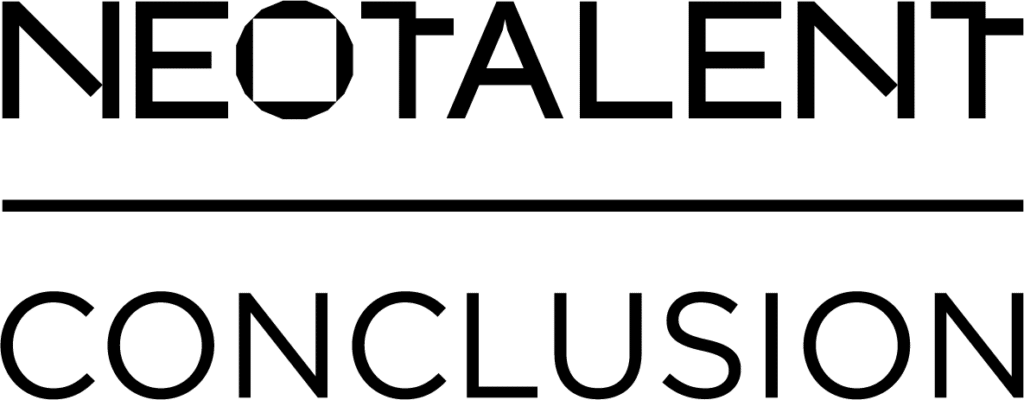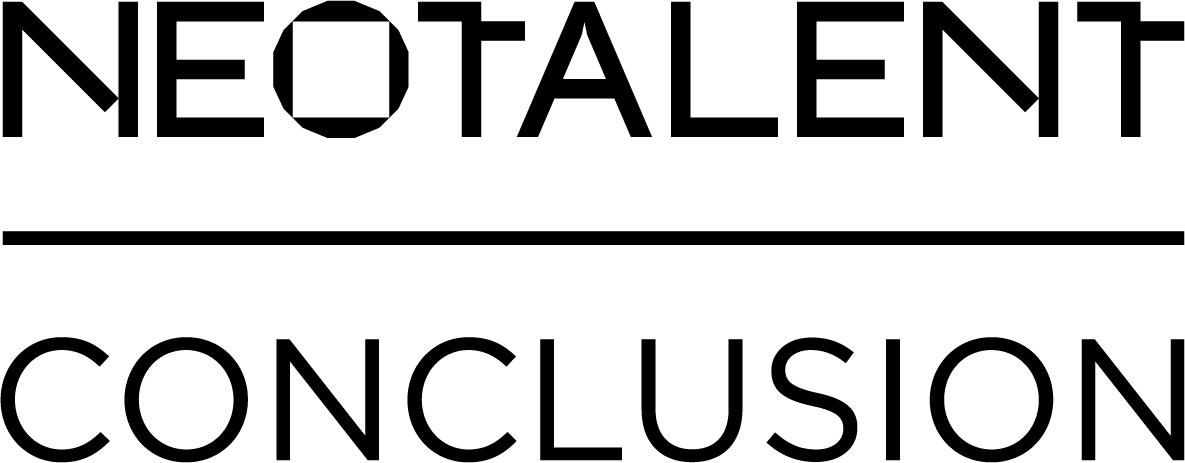The concept of flexibility at work has evolved over the years, whether as a result of company strategy (e.g. recruitment or retention), legal regulations (e.g. legislation allowing time off to care for a sick child), environmental contexts (e.g. bad weather) or structural circumstances in society that require a redefinition of working models, as happened during the pandemic.
In the more traditional or classic models, flexibility was seen as a way of integrating personal events into employees’ day-to-day work: going to appointments during working hours, staying at home when children were ill or “calling it a day” in the event of an employee’s seasonal illness.
With the pandemic, flexibility reached a new level: remote working. The possibility of performing the most diverse tasks from different geographical locations, often across borders, was granted. It turned out to be a very favorable concept for company efficiency and employee performance. Due to the inevitable disruption caused by its implementation by companies, it has become a very popular model, valued by employees in all its different forms: hybrid or 100% remote.
With this evolution we have learned that flexibility is a powerful tool that any company can activate. Do we need to be in survival mode to activate it? I don’t think so. We do need to remain adaptable to the market and to people’s needs.
According to Forbes, 73% of employees work in hybrid or 100% remote models. A curious fact in this study is that only 27% of young people aged between 18 and 25 like to work from home. On the other hand, 41% of people aged between 26 and 41 prefer to work from home.
In Portugal, we find an overwhelming adherence to these new models, especially in the IT sector, where the most adopted models are hybrid (52%), followed by full remote (42%). According to Landing Jobs’ Global Tech Talent Trends Report 2023, this adoption by companies is very much reflected in the expectations of employees, who want to continue having these models available (99%), also because of the international career opportunities (mentioned by 50% of people).
From an employee-centered perspective, we always have to consider that there are different types of people:
- those who will continue to prefer face-to-face working models: either because of the type of work they do or because of the company culture that encourages and motivates them to be present;
- those who choose hybrid models because they better suit their professional and personal dynamics and thus take advantage of the “best of both worlds”;
- those who favor 100% remote models, for the comfort of performing their duties from home or anywhere else in the world.
These models challenged by the pandemic are here to stay, but they are also here to evolve.
Being 100% remote has numerous advantages, as we’ve already seen, but it brings with it some challenges, such as greater distance from colleagues and the company culture, greater fluctuation in motivation levels (which often leads to quiet quitting or even the employee leaving). On a more emotional level, it can trigger feelings such as loneliness, anxiety or constant sadness (triggering depression). These are aspects that should be assessed in the working models adopted, in order to mitigate their risks: either through preventative measures or through contact. “Being present” is fundamental.
At Neotalent, we are very attentive to these new trends, not only because of our business dynamics but also because of the multiplicity of organizational cultures in which our consultants operate. We currently have consultants in all working models, the vast majority of whom are in hybrid and remote models (the latter to a lesser extent).
For this reason, there is a great focus on being close, not only through the respective Business Managers, who are responsible for team management and customer relations, but also through the People area. In May, we carried out our regular “You Have a Voice” survey, in which 57% of consultants characterized Neotalent’s culture as flexible and career-boosting. When asked about the working model, 85% said they were very satisfied.
Although we have happy consultants, 61% of whom feel that they have a sufficient level of proximity to the company, it is essential for us to have mechanisms that promote motivation, retention and engagement in these working models:
- Having programs that create proximity between employees and the company, with the most suited regularity to each one’s needs (e.g. e-gatherings, pop-up challenges, career advisory programs, etc.);
- Maintain a close relationship with the respective Manager;
- Have tools that support the collection of feedback on the job, motivation and satisfaction: so that you can work on retention;
- Invest in clear and simple communication: to ensure that messages are read and reach everyone;
- Investing in services that can support and/or simplify employees’ needs (e.g. psychological support).
Flexibility within companies should act as a driver of employee motivation and confidence.
Nowadays we talk about radical flexibility, where employees can work when, where and how they want, in other words, work adapts to their lives and not the other way around. In my opinion, we must allow ourselves to continue evolving and being flexible is the key to value individuality, respecting expectations and raising (our) potential.
This article was originally published by the Galileu magazine.





